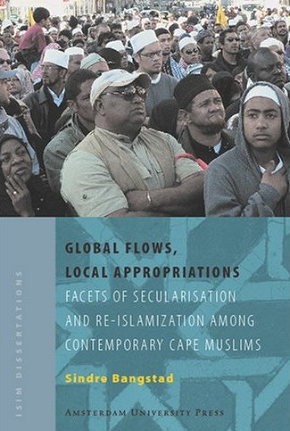(LINKS UPDATED 7.3.2023) There are many campaigns against child labour. But anthropologist Thomas Offit also views child labour as a chance for children to improve and take control of their lives. In an interview with The Lariat Online (Baylor University) he criticizes ethnocentric views of childhood.
“When we in the West view child labor, we view them as victims of exploitation instead of having some control over their lives,” Offit said. Many children are victims of child labor. But these children are also active agents in making their own and family’s lives better by working.
Offit has researched on child street labor, including in Guatemala City working with Mayan Indians in the textile trade. Child street labor is also the basis for his new book coming out within the year.
Guatemala doesn’t have a social welfare system and the economic opportunity is limited. In his view, a greater appreciation of child labor and the “greater economic forces that bring children to work on the streets in the first place", is important. Our lives and theirs are closely related.
>> read the whole story in The Lariat Online
Similar views on child labor can be found in an article by Olga Nieuwenhuys in the Annual Review of Anthropology 1996 called The Paradox of Child Labor and Anthropology. In her view, one should rather focus on the economic conditions that create child labor. In her review, she is also criticizing notions of childhood that may make sense in rich countries, but not in poor ones:
Illuminating the complexity of the work patterns of children in developing countries, recent anthropological research has begun to demonstrate the need to critically examine the relation between the condemnation of child labor on the one hand and children’s everyday work practice on the other.
The emerging paradox is that the moral condemnation of child labor assumes that children’s place in modern society must perforce be one of dependency and passivity. This denial of their capacity to legitimately act upon their environment by undertaking valuable work makes children altogether dependent upon entitlements guaranteed by the state. Yet we must question the state’s role—as the evidence on growing child poverty caused by cuts in social spending has illuminated—in carrying out its mission.
(…)
As a global solution to eliminate child labor, development experts are now proposing a standard based on the sanctity of the nuclear family on the one hand and the school on the other as the only legitimate spaces for growing up. If this becomes a universal standard, there is a danger of negating the worth of often precious mechanisms for survival, and penalizing or even criminalizing the ways the poor bring up their children. This criminalization is made more malevolent as modern economies increasingly display their unwillingness to protect poor children from the adverse effects of neoliberal trade policies.
(…)
The price of maintaining this order (of childhood institutions like school) is high, because it requires, among other commitments, money to support the institutions at the basis of the childhood ideal, such as free education, cheap housing, free health care, sport and recreation facilities, family welfare and support services, etc. Developing economies will unlikely be able to generate in the near future the social surplus that the maintenance of these institutions requires. As the neoliberal critique of the welfare state gains popularity, wealthy economies also become reluctant to continue shouldering childhood institutions.
Rethinking the paradoxical relation between neoliberal and global childhood ideology is one of the most promising areas for research, she writes:
Research should especially seek to uncover how the need of poor children to realize self-esteem through paid work impinges upon the moral condemnation of child labor as one of the fundamental principles of modernity. (…) The ways children devise to create and negotiate the value of their work and how they invade structures of constraint based on seniority are other promising areas of future anthropological research.
This type of research is even more relevant in that it may not only enrich our knowledge of children’s agency but may prove seminal in understanding the process by which work acquires its meaning and is transformed into value.
Current child labor policies reinforce acccording to Olga Nieuwenhuys paradoxically children’s vulnerability to exploitation:
Irrespective of what children do and what they think of what they do, modern society sets children apart ideologically as a category of people excluded from the production of value. The dissociation of childhood from the performance of valued work is considered a yardstick of modernity, and a high incidence of child labor is considered a sign of underdevelopment. The problem with defining children’s roles in this way, however, is that it denies their agency in the creation and negotiation of value.
The whole paper is not accessible for people outside the academe (university account needed).
Available for everybody: The report by Norwegian anthropologist Tone Sommerfelt: Domestic Child Labour in Morocco. An analysis of the parties involved in relationships to “Petites Bonnes” (pdf). “Petites bonnes” (small maids) are young girls (here defined as under the age of 15 years) who perform various household tasks, and who live with their employers.
SEE ALSO:
“We want children to be their own ethnographers”
Ethnographic study: Why the education system fails white working-class children


Recent comments